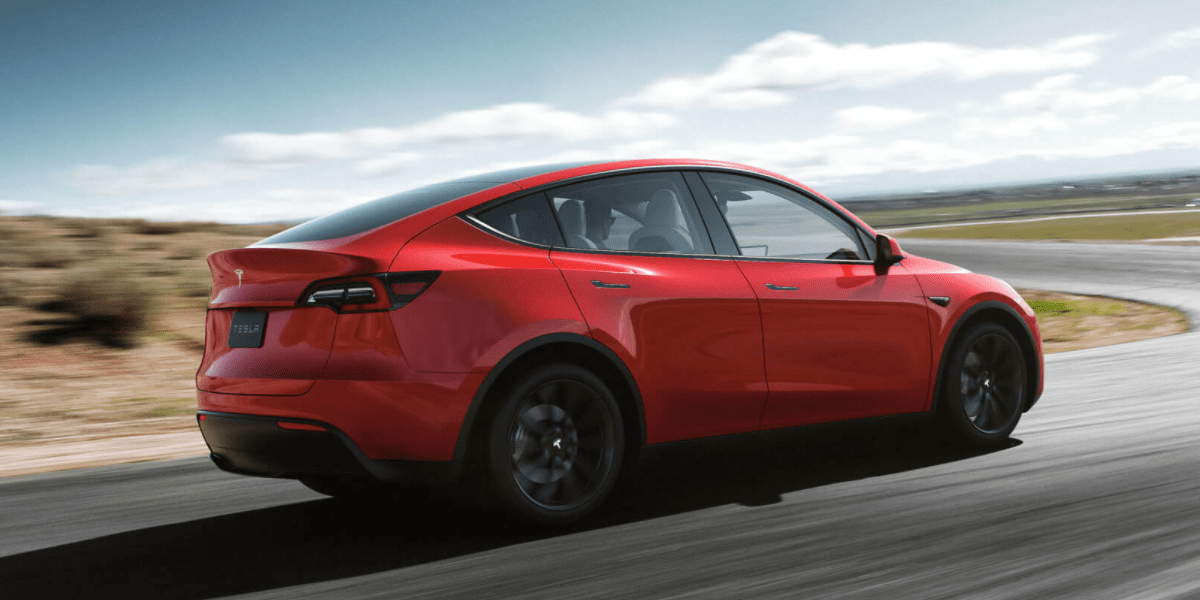New vehicle classification in the US: More EVs qualify for tax break
The US Treasury Department has revised its vehicle classification definitions, making even more electric cars eligible for the 7,500 dollar tax credit there. Moreover, the revision is applied retroactively, meaning all vehicles purchased since the beginning of the year can qualify.
Now, all variants of the Tesla Model Y, Cadillac Lyric, Ford Mustang Mach-E and VW ID.4 are eligible for the incentives. Before, only electric vehicle models with a price tag of less than 55,000 dollars were considered eligible for the tax credit. This had led to some odd classifications, such as the five-seat Model Y not being classified as an SUV, while the seven-seat Model Y was.
The reason for the revision is that some of the above-mentioned models were not classified as SUVs, as the IRS had previously used the vehicle’s Gross Vehicle Weight Rating (GVWR) to determine whether it is an SUV or not. The Treasury Department has now changed this definition, as well as raising the retail price cap to 80,000 dollars.
General Motors has also welcomed the new regulations, stating: “Tax credits are a proven accelerator of electric vehicle adoption, and we are excited that qualifying customers will be able to take advantage of a $7,500 federal clean vehicle tax credit.”
Battery mineral and component requirements that electric cars must meet to qualify for tax incentives under the Inflation Reduction Act will not be published until March 2023. All that is certain, is that an eligible vehicle must be assembled in North America. There are 3,750 dollars in tax credits if at least 40 per cent of the battery-critical minerals come from the United States or countries with a free trade agreement with the United States. The other 3,750 dollars is available if at least 50 per cent of the vehicle’s battery components come from the United States or countries with a free trade agreement with the United States. Over the years, both percentages continue to increase.
There is a backdoor for foreign manufacturers, however, if the vehicles are leased and used commercially.





0 Comments